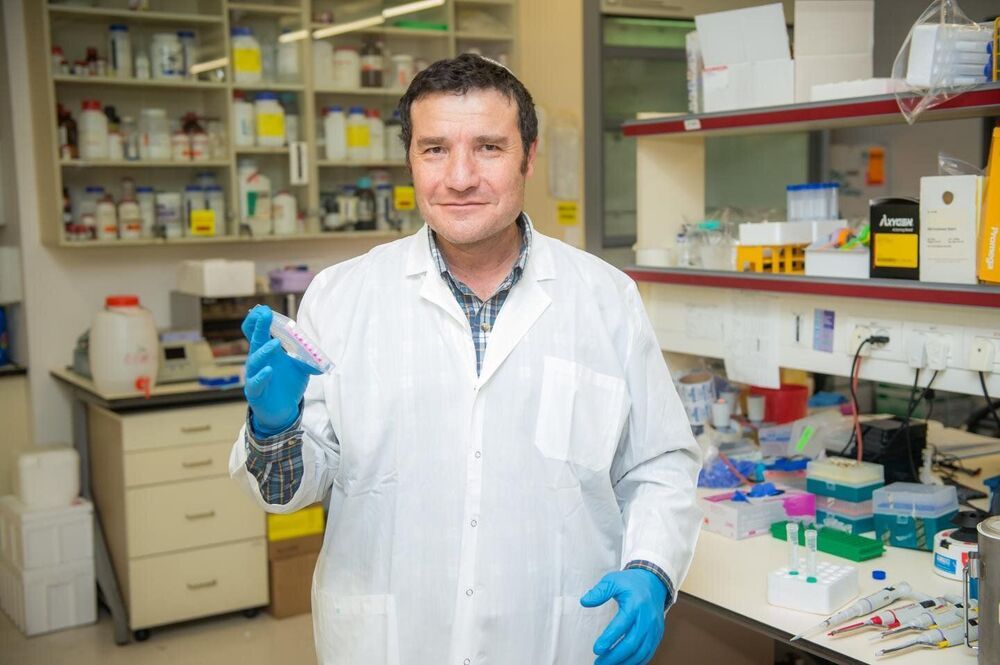Aging is associated with an overall decline in health and increased frailty, and is a major risk factor for multiple chronic diseases. Frailty syndrome, characterized by weakness, fatigue and low physical activity, affects more than 30% of the elderly population. Increasing our understanding of the mechanisms underlying the aging process is a top priority to facilitate the development of interventions that will lead to the preservation of health and improvements on survival and lifespan.
Cumulative evidence suggests that diet and metabolism are key targetable regulators of healthy lifespan. Prof. Haim Cohen, Director of the Sagol Healthy Human Longevity Center at Bar-Ilan University, focuses much of his research on the SIRT6 protein that is involved in regulating many biological processes, such as aging, obesity, and insulin resistance.
In a study just published in the journal Nature Communications, an international team led by Cohen and his Ph.D. student Asael Roichman—together with Prof. Rafael de Cabo, of the National Institute on Aging at the National Institutes of Health, Prof. Manuel Serrani, of the Institute for Research in Biomedicine in Barcelona, and Prof. Eyal Gottlieb from the Technion—report that transgenic mice express high levels of the SIRT6 gene, and show that their life expectancy can be increased by an average of 30% in both males and females. Translated into human terms this means that a 90-year-old could live until nearly 120!
